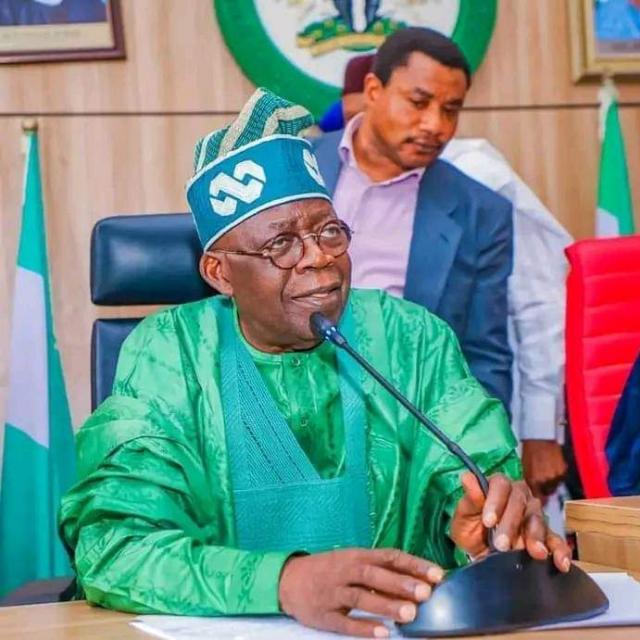President Tinubu delivered a stark assessment of Nigeria’s power sector privatisation on Monday, asserting that it had fallen short of its intended goals. Speaking during the Nigeria Electricity Supply Industry market participants and stakeholders roundtable, he highlighted the dismal performance of the national grid, which, despite being privatised a decade ago, was meeting only 15 percent of the nation’s electricity demand.

The President, represented by the Special Adviser, Energy and Infrastructure, Sodiq Wanka, lamented the grim situation, stating, “10 years on, I believe it is fair to say that the objectives of sector privatisation have, by and large, not been met. Over 90 million Nigerians lack access to electricity.”
President Tinubu further elaborated that self-generation had become a costly necessity for households and factories, supplying 40 percent of the country’s electricity demand. He expressed concern over the stagnant growth of the national grid’s capacity, which had only increased from just over 3,000MW to approximately 4,000MW, a far cry from the 40,000MW target set by the Federal Government pre-privatisation.
The President acknowledged that the reasons for the sector’s underperformance were well-documented, including commercial, governance, and operational issues. As of Q2 2023, only 60 percent of the electricity sent to the grid was paid for, even though the tariff was far from being cost-reflective, given the recent devaluation of the naira.
President Tinubu emphasized that the sector had suffered from chronic underinvestment, particularly in transmission and distribution. Many of the successor utilities of the Power Holding Company of Nigeria (PHCN) had failed to meet their performance improvement targets due to technical and financial limitations.
He noted, “We are in a vicious cycle of under-performance and under-investment, and everyone has a different view of which value chain player should be blamed for continued sector malaise. But we are where we are! And the real question we should ask ourselves in our engagements in the next three days is, how do we move forward from here?”
In the short term, the President called for intensified efforts to address commercial issues and enhance the sector’s investment attractiveness. He stressed the importance of rebasing tariffs to reflect the actual costs and loss levels of the entire value chain, allowing for adequate investment cost recovery. Moreover, a clear plan was needed to eliminate historic sector debts to various stakeholders, with reconciliation efforts already underway.
